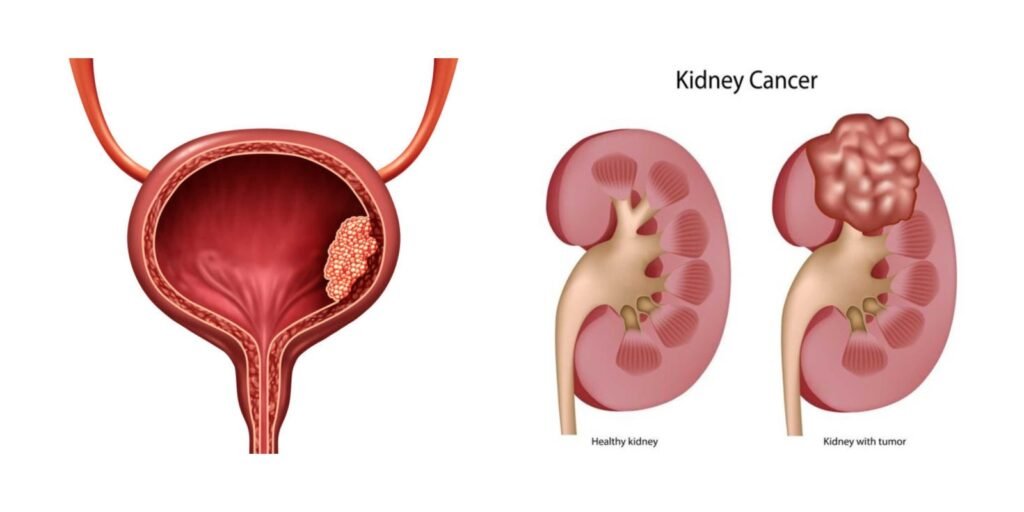Urological cancer refers to malignancies affecting the urinary system and male reproductive organs. These include cancers of the kidneys, bladder, prostate, testicles, and penis. Early detection is crucial for successful treatment and better outcomes.

Early detection for better survival rates.
Specialized cancer care team.
Minimally invasive surgery, immunotherapy, and radiation therapy.
Tailored treatment plans for each patient’s condition.

Saurabh CHS, Ground Floor, Dr. VB Phadake Rd, Gavanpada, Mulund East, Mumbai, Maharashtra 400081